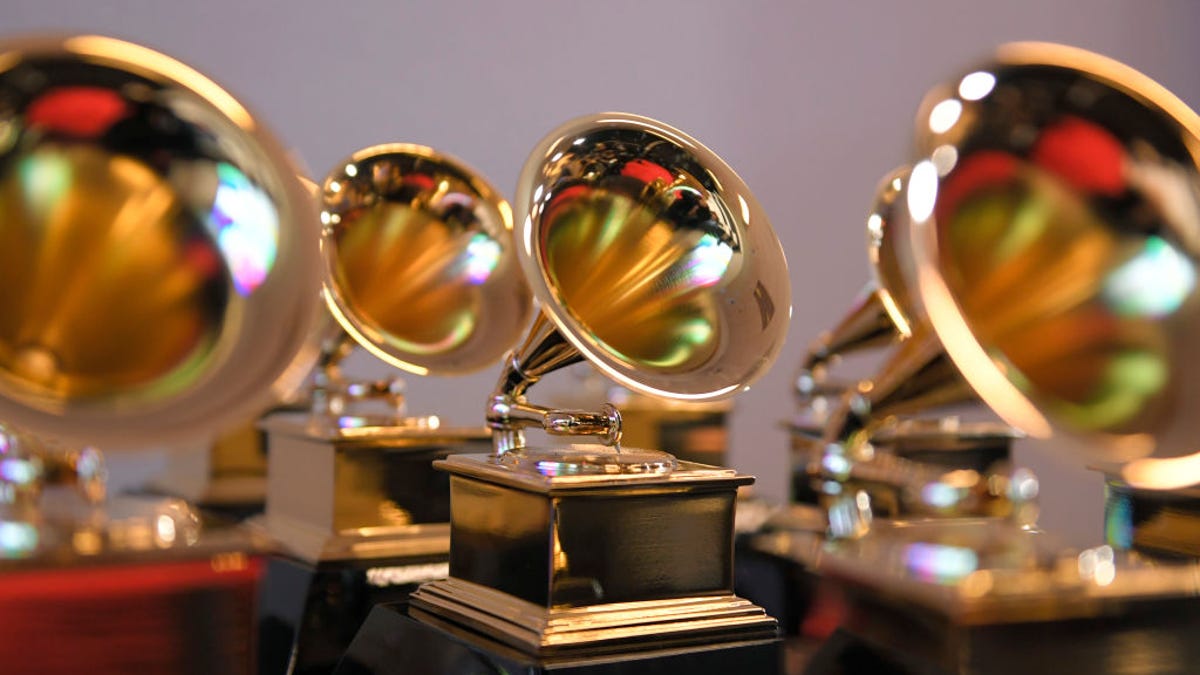You Won't See AI-Generated Songs Winning Any Grammy Awards
New rules say that songs without human authorship won't be eligible.

Artists are using AI to experiment with their music, but work with no human authorship won't be eligible for a Grammy Award, the Recording Academy says.
Music created by artificial intelligence isn't eligible for one of the industry's biggest awards. The Recording Academy updated its rules for Grammys this week to clarify that only humans can win.
"Only human creators are eligible to be submitted for consideration," the new rules for the Grammy Awards say, according to Variety. "A work that contains no human authorship is not eligible in any Categories."
Artists can still utilize AI tools to create music, but the work submitted must be "meaningful and more than de minimis."
Even though AI-created tunes won't qualify for next year's biggest night in music, set for Jan. 31, artists are still playing with these technologies and testing the limits of music making. Paul McCartney is tapping AI to create a "final Beatles record," using it to extract the voice of John Lennon from an old demo recording, he told the BBC.
In April, an AI-generated song that mimicked the voices of rapper Drake and R&B/pop artist the Weeknd went viral for its uncanny likeness to the real artists. Its meteoric rise in popularity on TikTok, YouTube and Spotify ended when the song was removed from the platforms, due to copyright claims with Universal Music Group.
Artificial intelligence technologies have been around for years, but the field has advanced rapidly and begun to seep into everyday life. OpenAI's ChatGPT and Dall-E kicked off a rush of new generative AI tools and products from Microsoft, Google, Adobe and others. While such tools have vast potential to help people on tasks big and small, concerns have been raised about job loss and disinformation. Advanced AI systems have also sparked worries about their impact on society.
Editors' note: CNET is using an AI engine to help create some stories. For more, see this post.

